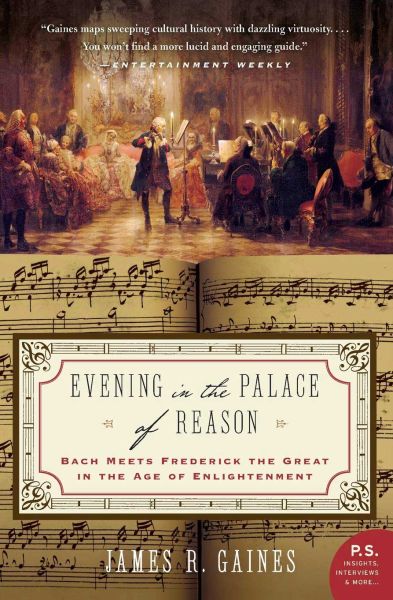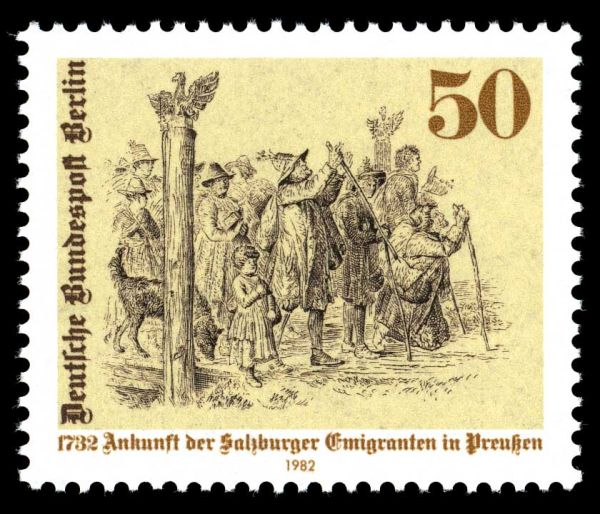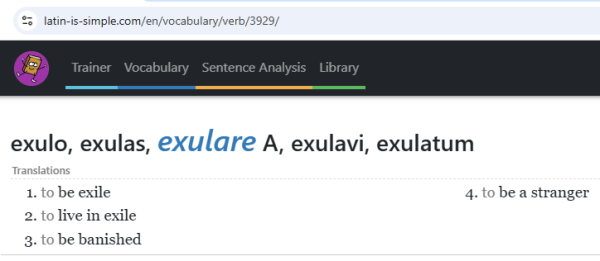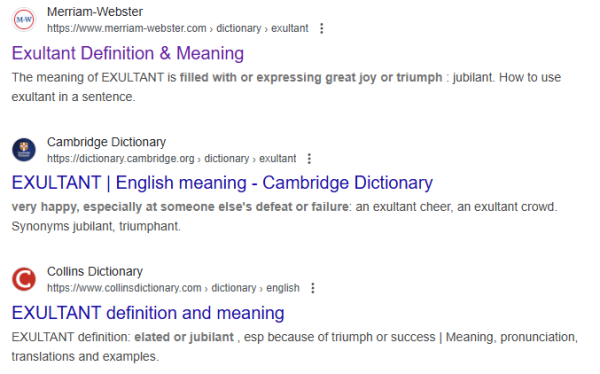The Salzburger Exulanten (Exiles)
I first read about the "Salzburger Exulanten" in a book titled Evening in the Palace of Reason, by James A. Gaines. Gaines chronicles the history of Prussia's rise to power from the ashes of the Thirty-Years War, through the forward-looking leadership of King Frederick William. The War had caused the destruction of entire cities in Germany during bloody battles and led to atrocities against civilians that rivals anything in the World today. Despite the tremendous losses, relations between Protestant and Catholic leaders remained tense and hostile.
An important step in the development of Prussia concerns Frederick William's decision to allow Protestant refugees from Catholic lands to emigrate to Prussia. In one case, the Catholic Archbishop of Salzburg followed the Counter-Reformation policies of other nations and made the decision to exile all his Protestant citizens. He gave them a chance to recant from their Protestant beliefs. If they didn't, then he told them they had to leave. Surprisingly few accepted his order to recant.
Many of the Protestants were "Hankwerkers", which translates to English just as you would expect. The Handwerkers included glass-artisans, carpenters, crafters of household goods, and masons--just the kind of people Frederick William needed to rebuild his war-torn, depopulated country. The Church-leaders of Salzburg and the representatives of the King reached an agreement, and thousands of Protestants left Salzburg on foot singing hymns. As the Exulanten passed through Protestant villages, the residents offered them refreshment. Nevertheless, several hundred did not survive the Trek across Germany. Frederick William himself came out to greet the first arrivals.
The origin of words interests me, so I looked up "Exulanten" on-line and ran into problems. Google kept trying to direct me to "Exultant". So I went back to the article to check the spelling. No question, they are different words with completely different meanings but some suggestive similarities. Exulant derives from the Latin Exulares, to exile or banish someone. I checked several on-line sources to be sure. "Exultant" also derives from Latin, meaning to express great joy.
The actions of the Salzburger Exulanten interests me, too, obviously. They faced something that many modern-day Americans face, no matter how loudly they deny it. Do you disavow your beliefs, or allow others to hound or browbeat you into submission. For many Americans, the loss of faith in a personal philosophy or a guiding value-system, the abundant material comforts, and the social cost make anything more palatable to exile and reestablishing their lives elsewhere.
About the Exulanten, Wikipedia writes that many Salzburg Handwerkers sought seasonal work in Germany and probably came into contact with the ideas of the Reformation there. Meaningfully, Wikipedia says, "Literacy was widespread" among them. "Many Salzburgers owned Protestant books." In other words, the Exulanten made independent, intellectual decisions regarding their religious faith and exhibited great personal courage and integrity in following their consciences. They were just the kind of people that Frederick William wanted in his country, or that any sensible leader wants.
How much longer will modern Americans continue to deny the suffering that the nation's strong-armers, brow-beaters, and extortionists exact from them? Maybe they don't feel that much suffering at their country clubs and estates. That doesn't surprise me. The brow-beating mostly affects their children, who live more institutionalized lives than their parents do.





